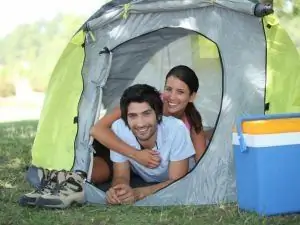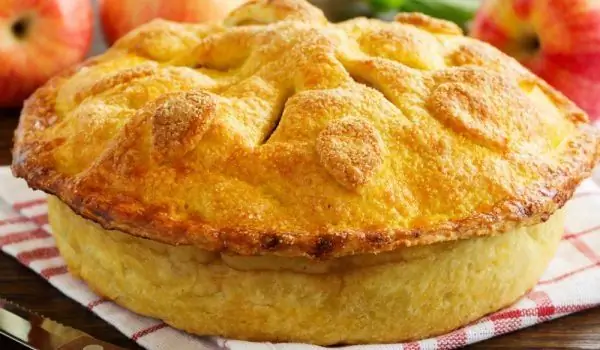2025 Author: Jasmine Walkman | [email protected]. Last modified: 2025-01-23 10:18
One of the best things about summer is the outdoor campsites. However, the summer heat and lack of equipment can lead to many problems in transporting food. Whether you are in a tent, a villa or in the mountains, you need to follow the basic rules to transport it there safely.
1. When you bring cooked dishes, it is best to cool them as soon as possible after cooking and leave them in the refrigerator. Just before you leave, transfer them to a refrigerator with ice.
2. Frozen meat and ready-to-eat meals must be transported well frozen. Make sure that the road does not get too hot and will not thaw. You cannot freeze them again on the way to your destination. You also need to find a way to keep them cool when you get there.
3. Make sure all food is well sealed before the trip so that it does not get dirty on the way. Ready-made and raw foods should not be mixed.
4. If you are traveling in a car in hot weather, open the doors before leaving so that the heat can escape. Put the food in the coldest place and turn on the air conditioner, if you have one.

5. The safety rules when eating out are the same as at home. Wash your hands thoroughly before cooking. All equipment and utensils must also be thoroughly cleaned.
6. Perishable foods must be stored at an appropriate temperature. Food that is usually refrigerated should be kept cold. When serving dishes, they must be completely warmed. The heat kills the bacteria, so this is very important.
7. Get a food thermometer. Cold food should be stored at a maximum of 8 degrees, and the temperature of the warmed should be above 63 degrees.
8. Cold food should not be exposed above 8 degrees for more than four hours, and hot food should not be below 63 degrees for more than two hours. After crossing these limits, the food becomes unfit.
9. If you travel long distances, it is best to buy more perishable goods from the store that is closest to your destination. Make sure you have enough cooler bags, boxes and bags of ice, as well as food containers. If there is a refrigerator where you go, it is best to transfer the food to it as soon as you arrive. If not, choose more perishable goods at the first meal.
Recommended:
Golden Rules Of Healthy Eating

From time to time we tend to indulge in larger quantities or more caloric food. This does not mean that we will break our diet. If the necessary rules are followed, we can afford something tasty. Fruits and vegetables play a big role in preventing many diseases.
Top 10 Golden Rules To Make The Perfect Pie

Many believe that making a pie requires special culinary skills. The truth is that this dessert, which can be prepared with both fresh and canned fruit or even chocolate or other cream of your choice, is not difficult to make, as long as you strictly follow certain methods.
Golden Rules For Making Fluffy And Puffy Cake

Every enthusiastic chef who loves to cook and experiment in the kitchen has done delicious fluffy and puffy cupcake , but we all remember our first unfortunate attempts, which happened one hundred percent to each of us. To help even beginners who are taking their first steps in confectionery, we have prepared this article with golden rules for making fluffy and puffy cake .
Golden Rules For Kneading

In order to make good breads, cakes and other appetizing pastries, you must be well acquainted with the experience in the basics and subtleties of kneading dough. This is necessary and necessary not only to make a homogeneous mixture of products in the dough, but also to strengthen the gluten fibers that make it up.
Golden Rules In Nutrition Etiquette

Good parenting includes excellent knowledge and adherence to etiquette, both in communication and in eating. Mastering all the intricacies of good etiquette is the result of long training, which begins in early childhood. In the past, it was unacceptable for a person from a good society to step on the label.

